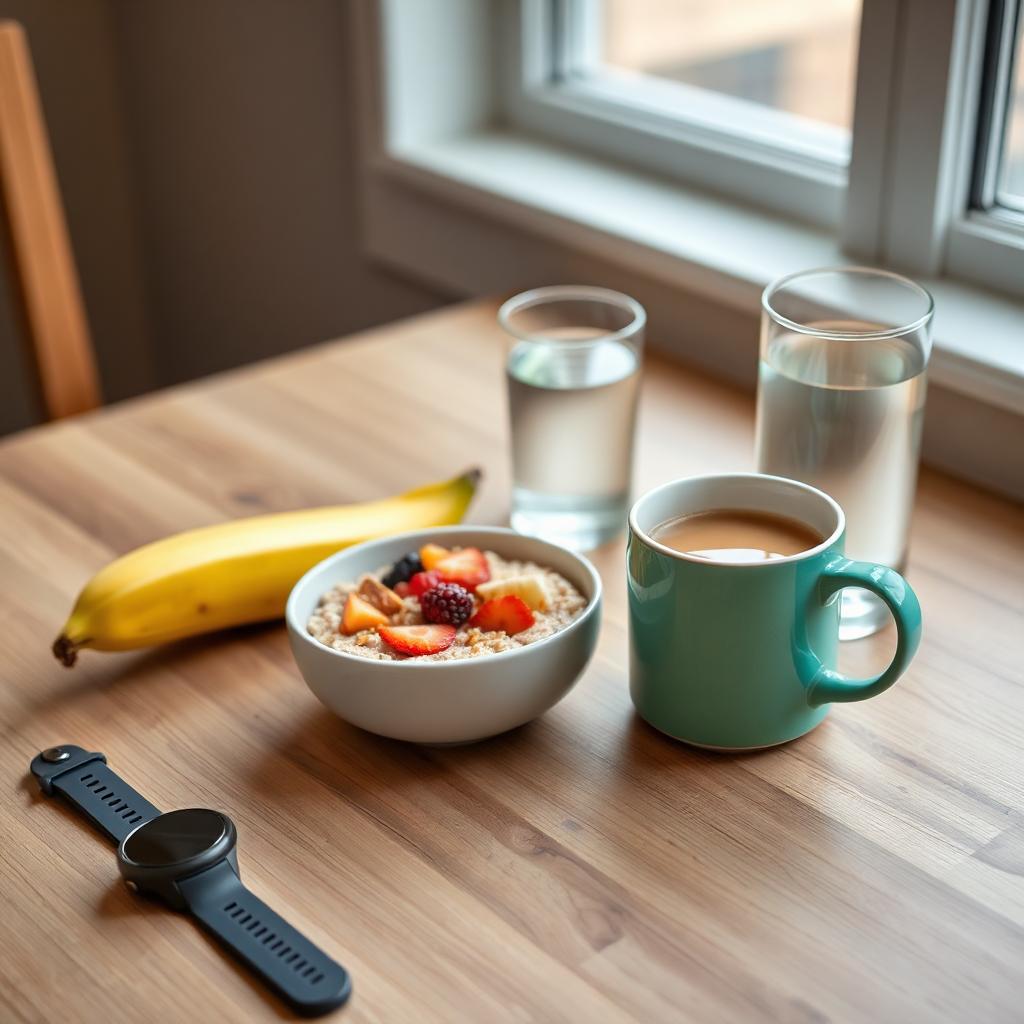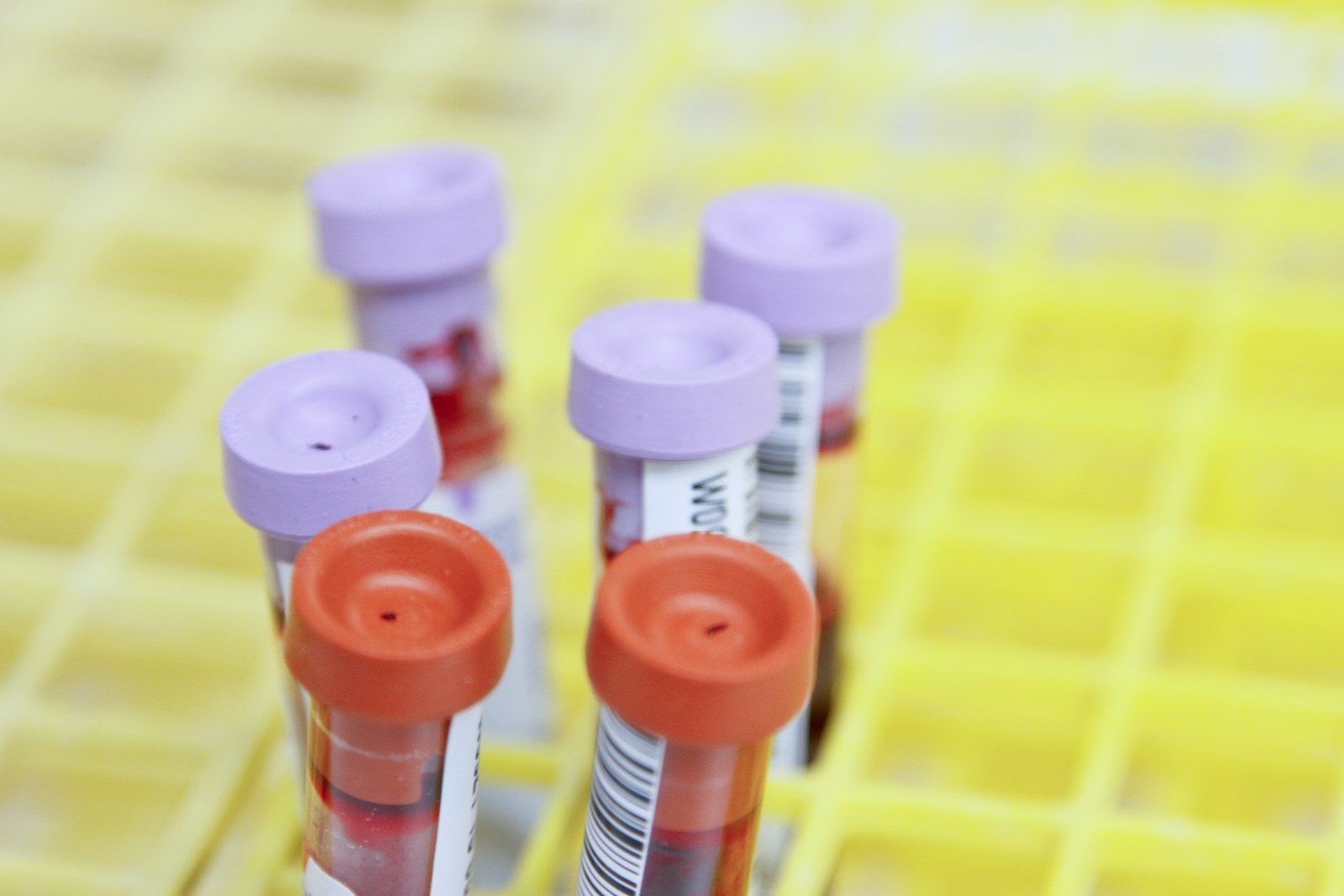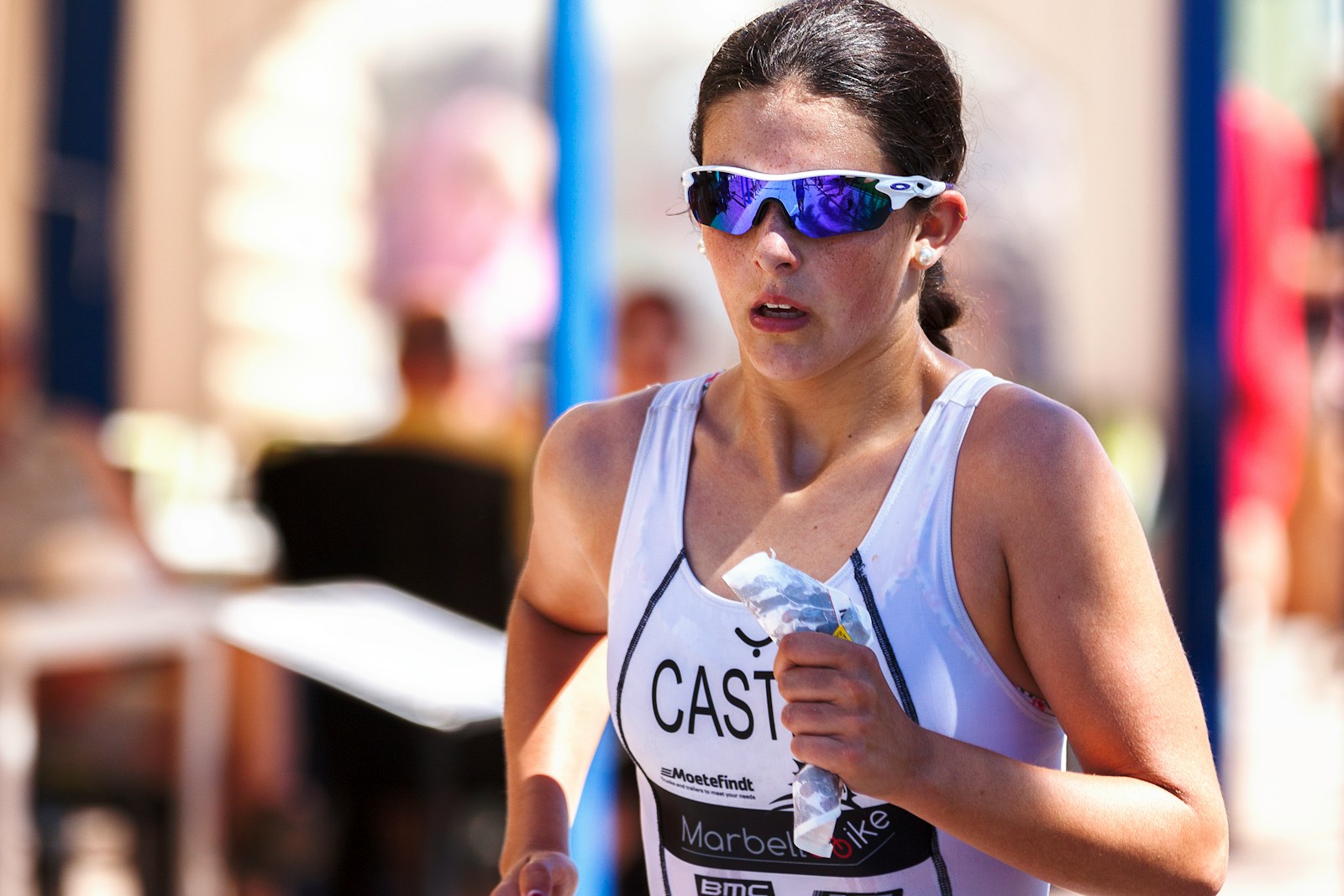What to Eat Before a Long Run

Long runs are as much about preparation as it is about building mileage and fitness—and fueling your body properly is one key to finishing strong and enjoying the journey. However, the truth is that the success of an endurance runner hinges on several key factors, including training load management, consistency, energy balance, sport fueling habits, sleep, pacing, and recovery strategies. While each element plays a role, what you eat before a long run is a critical piece of the performance puzzle. Small choices around fueling may seem insignificant, but they lay the foundation for a successful hydration and nutrition strategy that can significantly impact your performance.
Risks of poor pre-run fueling
Starting your long run in a fasted or glycogen-depleted state can lead to poor performance, heightened perceived exertion, a dip in confidence, and negatively impact recovery and adaptation. Proper fueling before a run helps prevent these speed bumps. The effectiveness of your pre-run meal depends on factors such as timing, individual tolerance, and the focus of your run. There’s no one-size-fits-all approach—what works well for one may not suit another. Many runners have experienced gastrointestinal (GI) distress at some point during a run, often caused by a poorly timed, hard-to-digest pre-run meal. Common symptoms include bloating, belching, nausea, diarrhea, and abdominal cramping –none of which are fun! So, it’s important to thoughtfully consider what, when, and how much you eat before lacing up your shoes and heading out the door for a long run.
Optimal pre-run meal composition
Fueling with carbohydrate-rich (carb) foods one to four hours before your endurance run has a positive impact on performance. This strategically timed meal helps replenish liver glycogen (especially crucial for an early morning run), boost blood glucose levels, and muscle glycogen stores. Beyond enhancing performance, a well-planned pre-run meal can stave off hunger, enhance motivation, delay fatigue, and support a faster recovery.
If you are eating more than one hour before your run, consider adding a small amount of protein. Combining carbs and protein enhances the delivery of amino acids to your muscles, helps preserve muscle integrity, improves endurance, and facilitates recovery.
Now, let’s talk about some key guidelines to keep your pre-run fueling on point, regardless of whether you’re having a meal or a snack. These tips are most effective within four hours of your run, helping to prevent pesky GI issues and boost performance.
- Beware of fat and fiber: Foods high in fat and fiber can slow gastric emptying, leaving you feeling sluggish and overly full during your run. Examples include salads, apples, broccoli, beans, fried foods, and processed meats.
- Steer clear of spicy foods, uncooked meats, energy drinks, and sugar alcohols: These can irritate your stomach or cause discomfort.
- Limit fructose-rich foods: Soda, candy, dried fruit, and sweetened drinks require longer digestion. Consuming them too close to your run can cause discomfort.
- Consider the run conditions: The distance, intensity, weather, and terrain all influence your fuel choices.
- Pick familiar, simple, and travel-friendly foods: Convenience and digestibility are key—your stomach doesn’t need surprises mid-run.
- Start small: If you’re new to eating before a run, gradually increase portions until you find what feels best.
- For sensitive stomachs: Liquid carbs, such as sports drinks, empty faster and feel less bulky. Avoid dairy and caffeine to minimize GI issues.
Carbohydrate recommendations before a run
Examples of carb intake based on timing before your run:
| Minutes/Hours before Run | Carbohydrate | Example Meal/Snack |
|---|---|---|
| 1 hour | 1g/kg | 1 English muffin 1 TBSP Jam ½ cup applesauce = ~ 68g carbs |
| 2 hours | 2g/kg | 2 slices of white bread 3oz deli-sliced turkey breast 1.5 cups of cooked white rice 1 cup of unsweetened applesauce 10 saltine crackers = ~ 136g carbs |
| 3 hours | 3g/kg | 1 plain bagel, 1 TBSP peanut butter, 2 TBSP jelly, 1 large banana, 1 cup nonfat yogurt, ½ cup granola. = ~ 204g carbs |
| 4 hours | 4g/kg | 2.5 cups cooked pasta 3oz chicken breast 1 white bread roll 8oz fruit juice 1 oz bag salted pretzels 20oz sports drink = ~ 272g carbs |
*Example based on a 150lb/68kg athlete.
Pre-run hydration guidelines
Adequate hydration is just as critical as fueling before a long run for maintaining performance and avoiding setbacks. Even mild dehydration—losses of just 1-2% of body weight —can cause early fatigue, increase perceived exertion, and trigger muscle cramps. As losses approach 4%, your inability to perform is significant. Unfortunately, as endurance athletes, voluntary fluid intake often falls short of meeting hydration needs. The most effective approach is to develop a personalized hydration plan that takes into account factors such as the duration and intensity of your run, the temperature and humidity, and your sweat rate. Since sweat rates vary widely among athletes, tailoring your hydration plan to your specific needs is highly encouraged.
Recommended fluid guidelines before a run
| Minutes/Hours before Run |
Fluid Recommendations |
|---|---|
| 10-30 minutes |
8-12 oz |
| 1-2 hours | 12-16 oz |
| 2-4 hours | 16-20+ oz |
*Including sodium in a beverage helps stimulate thirst and retain fluids.
Pre-long run meals and snacks aligned with your start time.
As the length of your run increases, so does the importance of fueling up beforehand. For longer sessions—especially those exceeding 75 minutes or involving high intensity, a pre-run snack is crucial for supporting your body, boosting blood glucose levels, and sustaining energy.
In this guide, we’ll explore how to tailor your pre-run nutrition based on the time of day your run begins. These tips will help you optimize performance no matter when you hit the trail.
Early morning (<30 minutes before run start)
With such a short window between waking and the start of the run, drink 8-12 oz of water with 20-25g easy-to-digest carbs. Ideally, the early morning pre-work run would be a 45-75 minute run that is less nutritionally critical compared to the long run. However, a shorter run with intensity should include pre-run and in-run fueling to support the body adequately.
Long run – 10 am start:
Use this meal as a trial run for race day to help you troubleshoot and refine your strategy.
Plan to eat 2.5-3 hours before your run.
Ensure you are well-hydrated but not overhydrated at the start.
7:00 am Breakfast
- Plain bagel with peanut butter and jelly
- Medium banana
- ½-1 cup cooked grits
- 16-20oz of water (electrolytes optional)
*Carbs: Aim for ~2.5-3g/kg
8:30 am Snack – (90 minutes before start)
If you’re still full from breakfast, this snack isn’t necessary. However, in the case of a delayed start or to help control hunger, or prevent low blood sugar, top off your fuel tank with one of these vetted pre-run snacks. Each option is low-fat, low-protein, and easy to digest, providing 30-60g of carbs each.
Choose one of the following:
- 10 saltines with 1 TBSP peanut butter
- 1 rice cake with 1 TBSP peanut butter, 1 TBSP honey, and one medium banana
- One pack of sport chews
- English muffin with 1 TBSP cream cheese and 1-2 deli meat slices
- 120-calorie (30g carb) sports drink
- One ounce of pretzels
10 am Run Start
Long run – 3 pm start:
With more time before your run, plan to eat a meal or meals earlier in the day, with your final meal approximately 3 hours before the start of the run.
7-9 am Breakfast – (low fat and fiber)
- Waffles or pancakes with syrup
- Oatmeal with honey
- 1 banana
- Eggs
- Sports drink or fruit juice
*Carbs: aim for 3-4g/kg
*Hydration: begin sipping water or water with electrolytes throughout the day.
12 pm Lunch – (low fat and fiber)
- White rice, pasta, or baked potato with 3oz lean protein (e.g., chicken breast)
- Applesauce, white bread, or banana
- Optional – sports drink
*Carbs: aim for ~2-3g/kg
*Hydration: Consume ~16oz of water with lunch.
2:45 pm Pre-run fuel (15 min before start)
Consume 20-25g of easy-to-digest carbs with water.
3 pm Run Start
Final Thoughts
The most effective pre-run fueling approach is one tailored to your body and needs. Invest time in experimenting with different foods and timing to discover what helps you perform your best. Remember, proper fueling is the key to unlocking your full potential, sustaining longevity in running, and enjoying your journey to the fullest.








